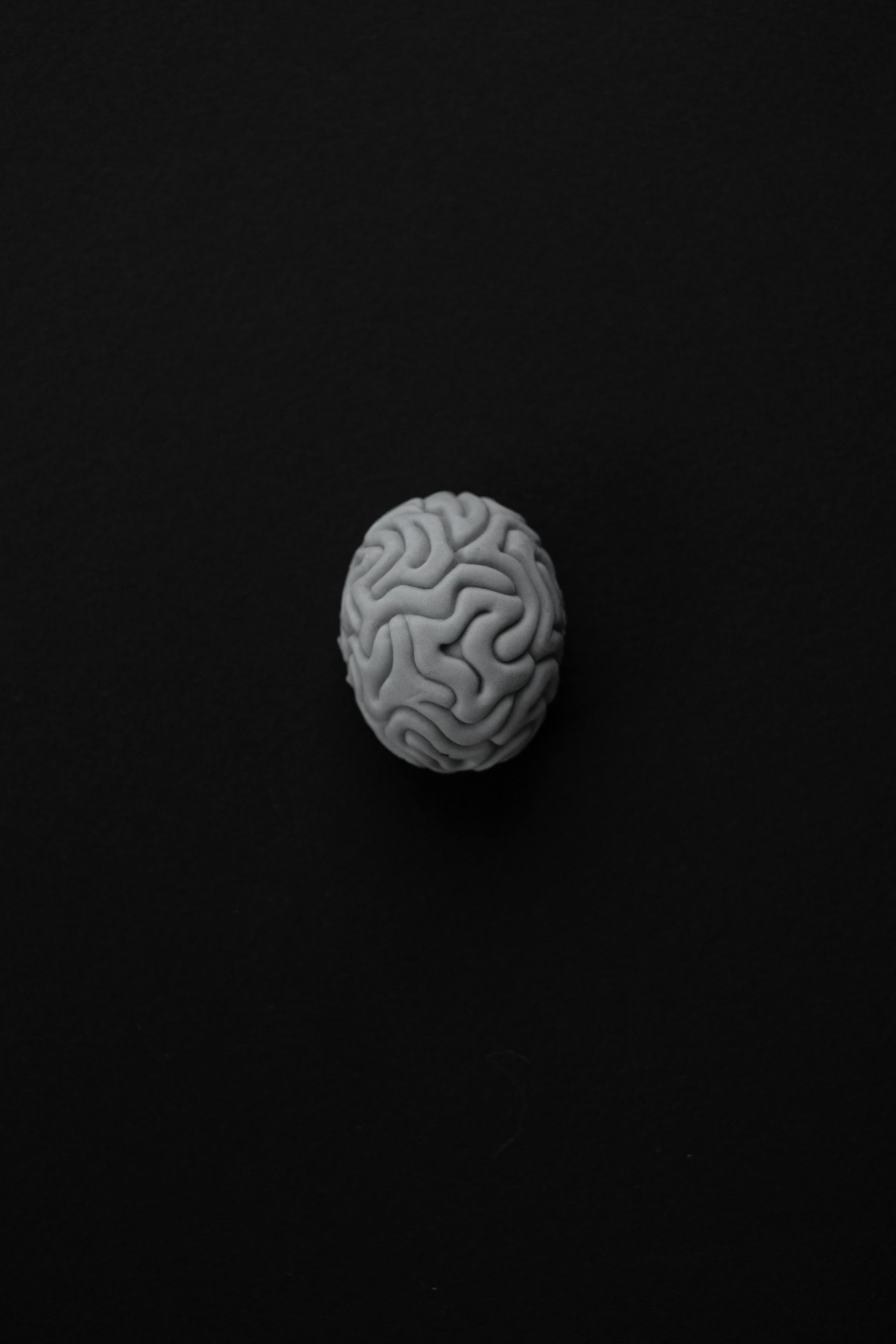Sleep, Muscle Repair, and Chiropractic Care — Why One Night Matters
Sleep is one of the most powerful recovery tools we have, yet it’s often the first thing we sacrifice. A 2021 study published in Physiological Reports demonstrated just how critical it is for muscle repair and hormonal balance. After only one night without sleep, participants showed measurable declines in muscle protein synthesis — the body’s process of repairing and rebuilding muscle tissue — and shifts in key hormones that directly impact recovery.
If you’re striving to improve your strength, heal from an injury, or simply feel your best, this study shows that without adequate sleep, even the best training and treatment plan will fall short.
What the Study Found
Researchers examined healthy young men and women who underwent two different conditions: a normal night of sleep (10 PM–7 AM) and a night of total sleep deprivation. The following day, blood samples and muscle biopsies were taken. Results showed:
Muscle protein synthesis decreased by approximately 18% after one sleepless night.
Cortisol (a catabolic, stress-related hormone) increased by about 21%.
Testosterone (an anabolic, repair-supporting hormone) decreased by roughly 24%.
No major changes were seen in IGF-1 or short-term muscle protein breakdown.
In simple terms: just one night of lost sleep blunted the body’s ability to build muscle and shifted its hormonal balance from growth and repair to breakdown and stress.
Why This Matters for Chiropractic and Recovery
When you come in for chiropractic care, you’re investing in your body’s ability to heal, adapt, and perform. Adjustments help restore normal joint motion, calm the nervous system, and support circulation and mobility. But that process relies on what your body does after you leave the office — and that’s where sleep comes in.
Sleep is when tissue repair, inflammation control, and neuromuscular adaptation occur. Without it, recovery slows, pain sensitivity increases, and the benefits of chiropractic adjustments or rehabilitation work are diminished.
That’s why your chiropractor asks about your sleep: it’s one of the most accurate windows into how well your body is truly recovering.
Practical Ways to Improve Sleep Quality
Aim for 7.5–9 hours per night. Consistency matters more than perfection.
Limit blue light from phones or screens 60–90 minutes before bed.
Create a cool, dark environment to promote deeper sleep cycles.
Avoid heavy meals or caffeine close to bedtime.
Try pre-sleep relaxation strategies: gentle stretching, deep breathing, or mindfulness.
The Takeaway
Skipping sleep isn’t just about feeling groggy — it directly interferes with your body’s ability to heal and adapt. Chiropractic care can optimize how your body functions, but lasting results depend on what you do between visits. Sleep well, move often, and let your body do what it’s designed to do: repair and thrive.
Reference:
Lamon S., Morabito A., Arentson-Lantz E., et al. (2021). The effect of acute sleep deprivation on skeletal muscle protein synthesis and the hormonal environment. Physiological Reports, 9(1): e14660.
https://pmc.ncbi.nlm.nih.gov/articles/PMC7785053/












